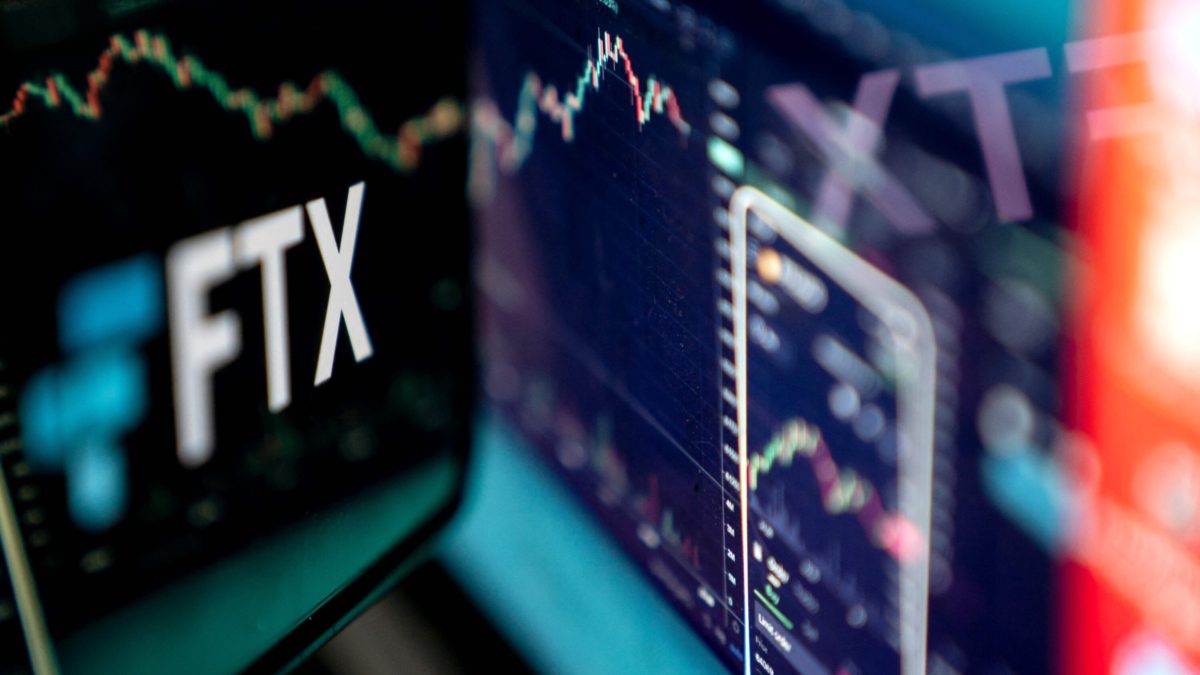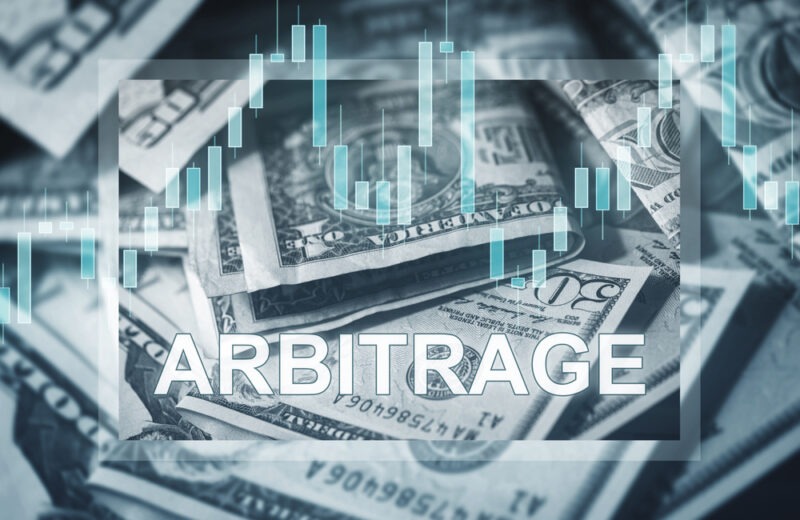Funding is essential for the SEC to adequately regulate cryptos, including Bitcoin and other financial products, especially in light of the increased intensity of the crackdown.
Gary Gensler, the U.S. Securities and Exchange Commission (SEC) chairman, sought an extra $2.4 billion in funding on March 29. He justified this request by saying that SEC actively works to investigate and prosecute “misconduct.”
The money will be partly used to purchase “new tools, skills, and resources” needed to keep up with the rapidly evolving sector. The SEC wants to add 170 more people to its crypto crackdown team.
The agency’s Directorate of Enforcement is responsible for investigating and prosecuting violations of federal securities laws. Those concerning cryptocurrencies are no exception.
According to the report, the agency handled more than 35,000 distinct complaints and queries from whistleblowers in 2022.
After examining these claims, the SEC filed 750 enforcement actions. Among those actions, 250 were related to crypto. With 22 actions announced in 2021, the total amount of cryptocurrency fines increased to $242 million in 2022. Such an increase equals 36%.
After accusing the Beaxy cryptocurrency exchange and its officials of conducting an unregistered securities offering, the SEC made the request. Furthermore, following the accusations, the SEC forced Beaxy to cease operations in the United States.
SEC charges continue: the list is long
The SEC additionally charged Artak Hamazaspyan, the founder of the exchange. According to the accusations, Hamazaspyan fraudulently raised $8 million through the unregistered securities sale of the native token BXY.
Hamazaspyan allegedly embezzled $900,000 for personal use, according to the SEC. Besides, the agency also charged two other executives, Nicholas Murphy, and Randolph Bay Abbott.
SEC stepped up its efforts to prosecute cryptocurrency businesses and individuals. Many well-known trade names received complaints and notices in recent months.
Some notable examples were such crypto exchanges as Kraken, Genisis, and Paxos. Moreover, the creator of Binance USD (BUSD), Justin Sun, figured among other complaint receivers. The list also includes the founder of TRON and, most recently, the leading cryptocurrency exchange Coinbase.
Senator Elizabeth Warren of Massachusetts reintroduced the “Digital Assets Anti-Money Laundering Act” on Wednesday. She referred to it as a bill that would outlaw cryptocurrency wallets.
Nothing is immune to the power of the laws. To protect cryptocurrency users, appropriate restrictions are necessary. At the same time, authorities are urged to accept evolution as a natural rule. The unrelenting campaign to regulate the sector is a double-edged sword that might stifle innovation.
It is obvious that American actions against crypto are active, but their reach is limited.
















